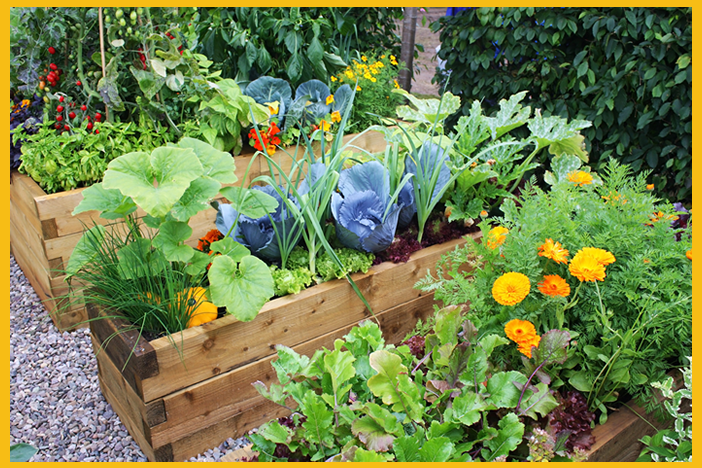Is companion planting a good idea for my vegetable garden?
By DONNA MCCLAY
Question: Is companion planting a good idea for my vegetable garden?
Answer: Yes! Companion planting has been used in organic gardens for years.
Companion planting provides many advantages for the home vegetable gardener. It is defined as planting two or more species in close proximity to create biodiversity and increase yield. Some companion plants provide shade, others attract beneficial insects, suppress weeds, repel pests, and may even improve flavor (for example – basil is thought to improve tomato flavor as well as protecting the tomato plants from some pests).
One of the best examples of companion planting is the Three Sisters method. Centuries ago early American colonists were surprised to find three different vegetables growing together in the same plot in Native American villages. This was a strange site compared to the neatly plowed rows and beds of identical plants they saw in Europe. Native Americans planted pole beans, corn and squash together. Not only was this a way to make the most of available garden space – each of these plants contributed something positive to the garden:
Native Americans saw these “three sisters” as precious gifts from the Great Spirit who watched over their crops and provided both physical and spiritual sustenance to the village. While science hasn’t definitively proven all of the claims of companion planting (for example, flavor improvement), scientists do support the biodiversity benefits of this planting method.
Not all plants are compatible so it’s essential to know which plants can be neighbors in the garden. The following chart indicates which plants were traditionally though to be good companions for various vegetables: http://sonomamg.ucanr.edu/files/191104.pdf.
For additional information on vegetable gardening, visit our website: https://www.mastergardenersd.org/beginning-vegetable-gardening
https://www.mastergardenersd.org/vegetable-planting-guide
Get free gardening advice on the Master Gardener Hotline, (858) 822-6910, or by email at help@mastergardenerssandiego.org.
Resources
https://ucanr.edu/Focus_Areas/?focus_area_id=6 (search: Companion Planting)
McClay has been a UCCE Master Gardener since 2018.


